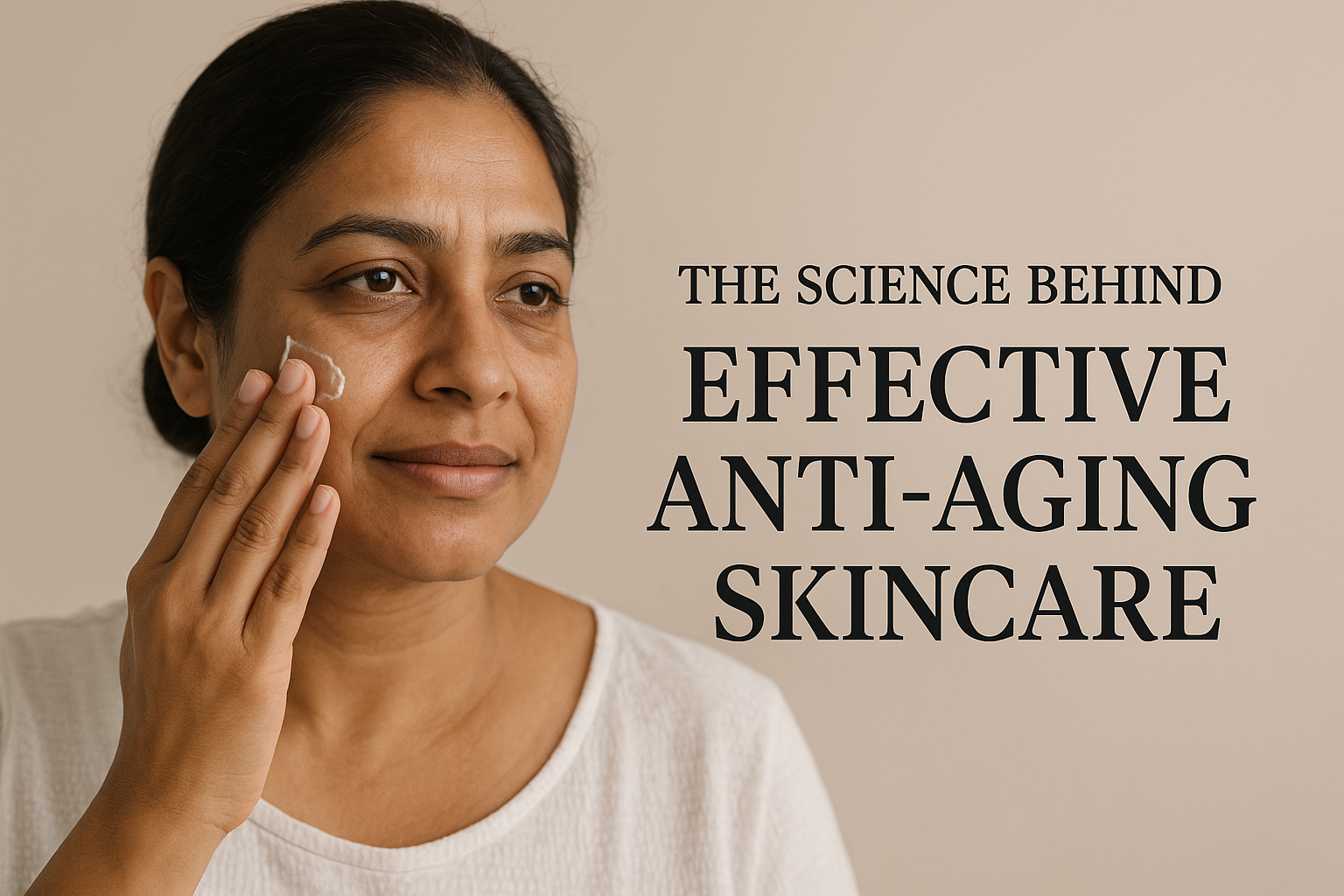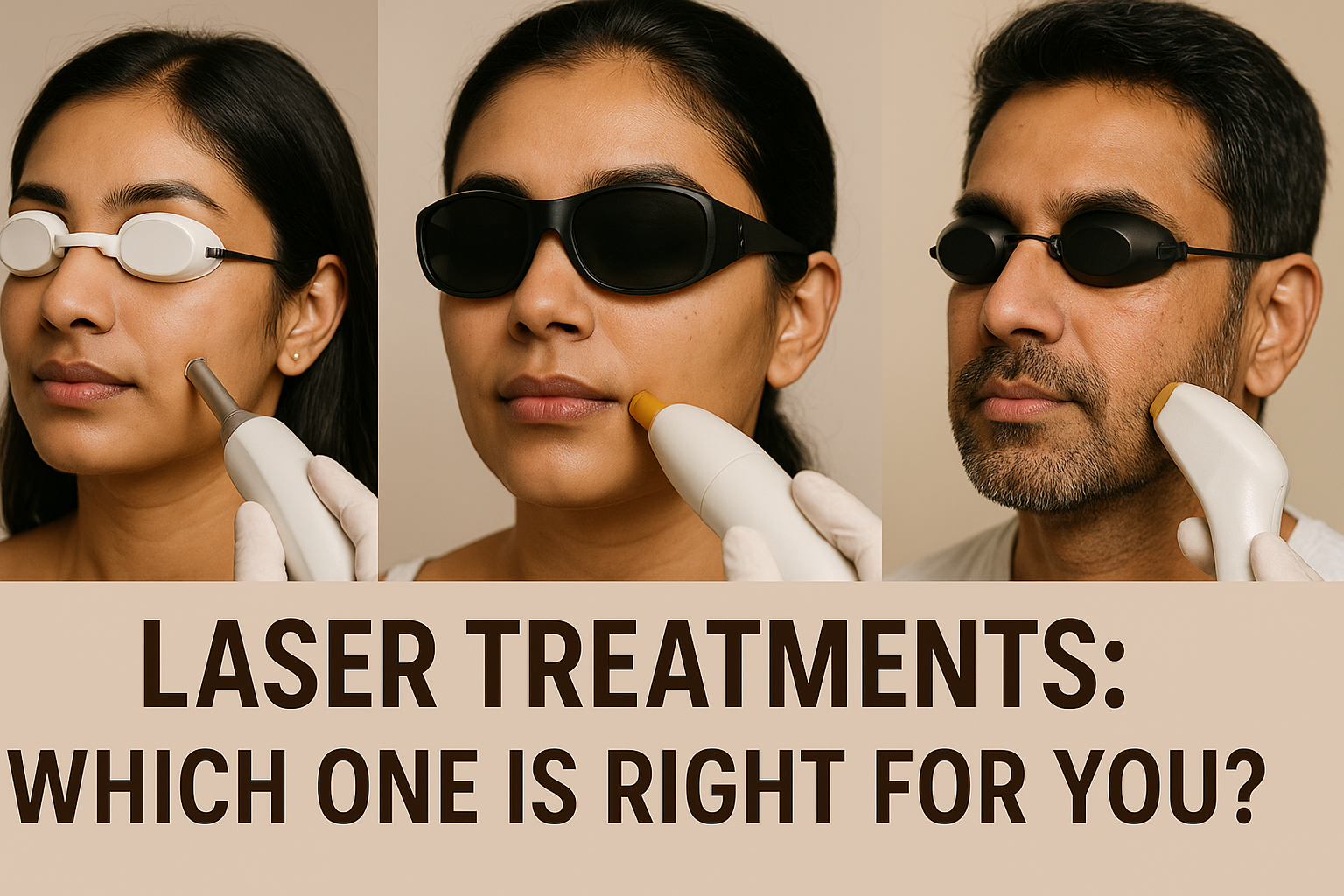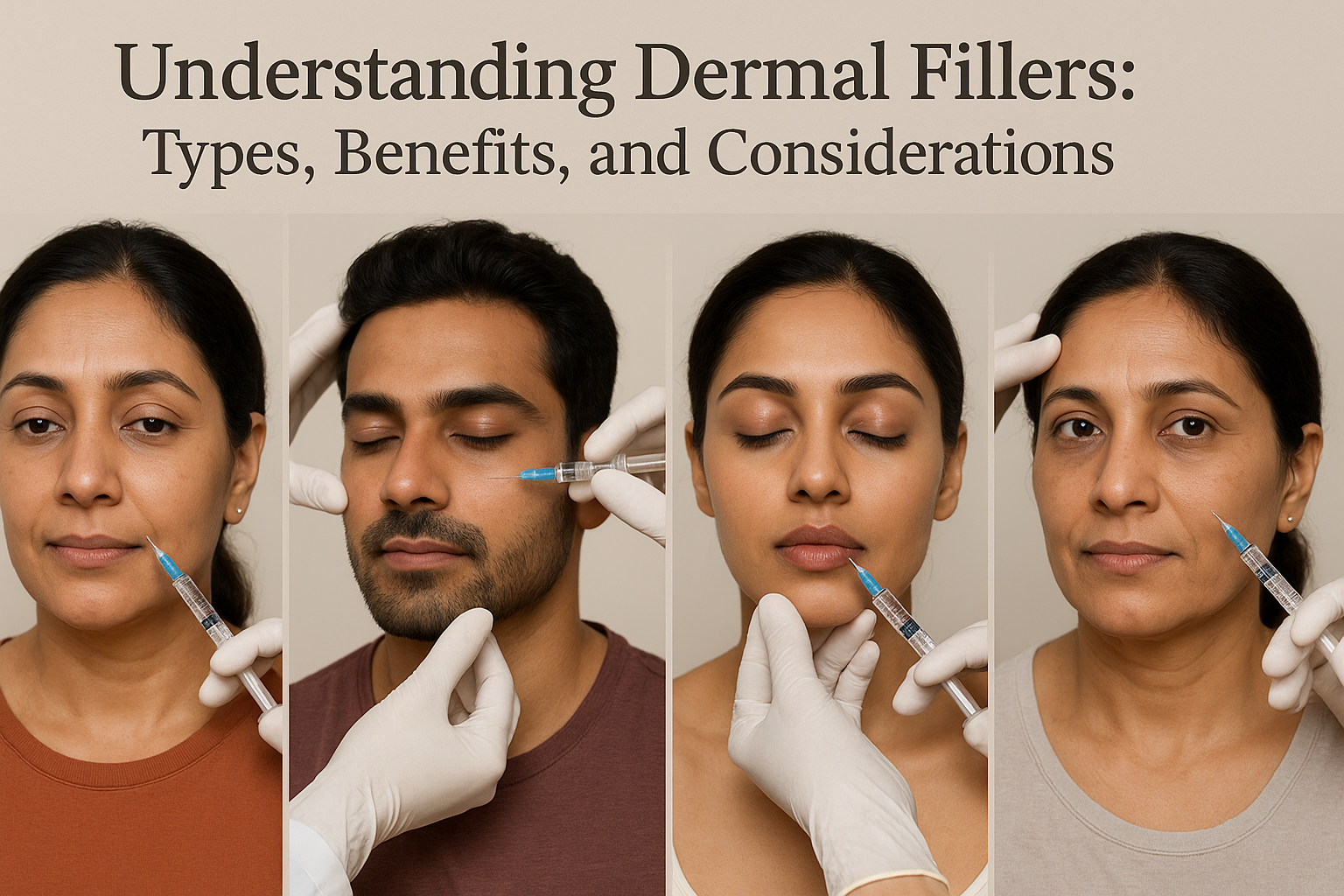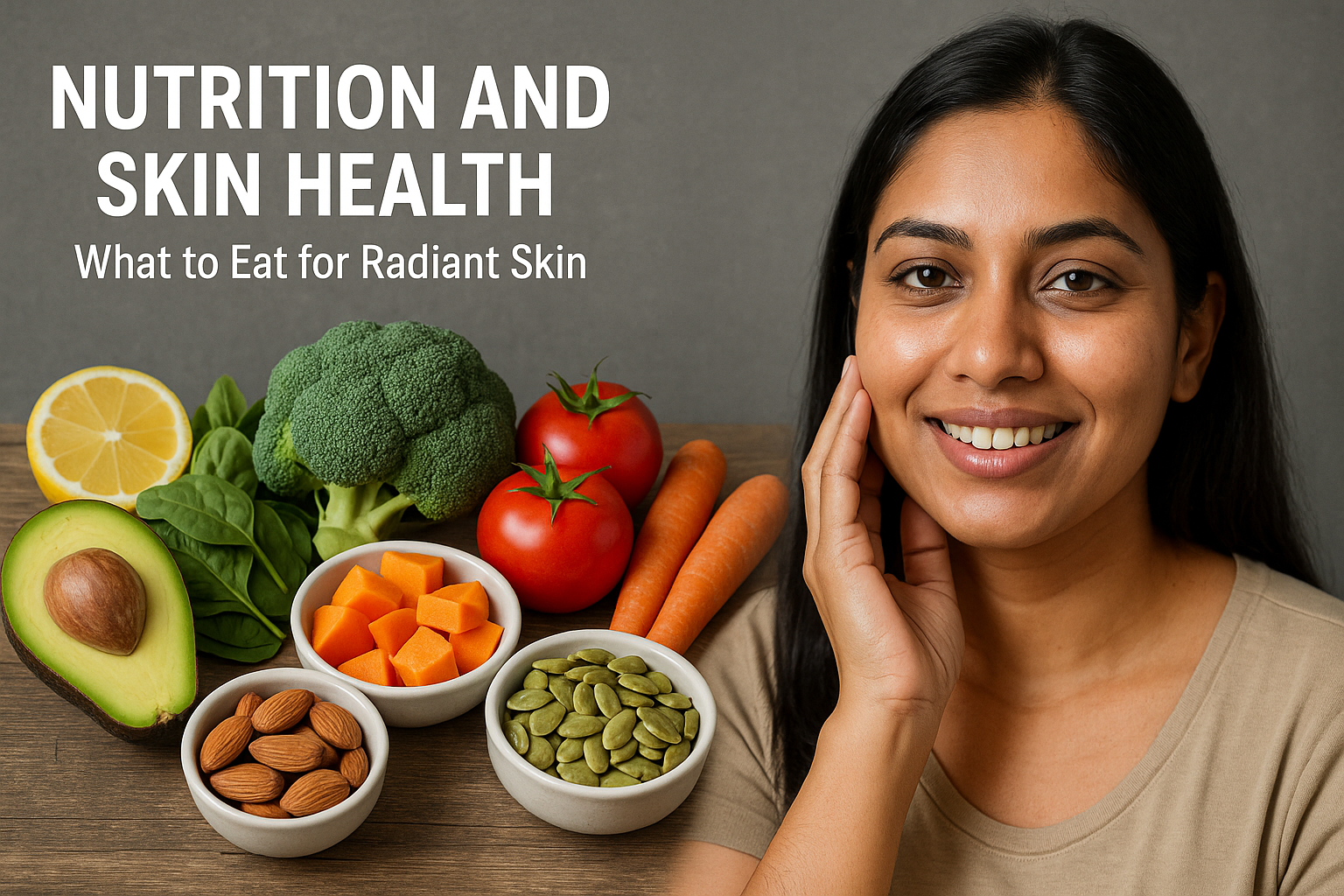Navigating the world of anti-aging skincare can be overwhelming with countless products promising miraculous results. As a dermatologist, I'm often asked which ingredients actually work and how to build an effective routine. In this article, I'll break down the science behind proven anti-aging ingredients and help you create a regimen that delivers visible results.
Understanding Skin Aging
Before discussing treatments, it's important to understand what happens to our skin as we age. Aging occurs through two primary mechanisms:
Intrinsic Aging: The natural aging process determined by genetics and time. This includes:
- Decreasing collagen and elastin production (approximately 1% less collagen per year after age 20)
- Slower cell turnover
- Reduced natural hyaluronic acid production
- Thinning of the skin
Extrinsic Aging: Environmental damage, primarily from:
- UV radiation (responsible for up to 90% of visible skin aging)
- Pollution
- Smoking
- Poor nutrition
- Stress
The good news is that while intrinsic aging follows a natural timeline, extrinsic aging can be significantly minimized through proper skincare and lifestyle choices.
Evidence-Based Anti-Aging Ingredients
Let's examine the ingredients with robust scientific backing:
1. Retinoids
Retinoids (vitamin A derivatives) remain the gold standard in anti-aging skincare, with decades of research supporting their efficacy.
How they work: Retinoids increase cell turnover, stimulate collagen production, reduce hyperpigmentation, and improve skin texture.
Scientific evidence: Multiple clinical studies show retinoids can:
- Reduce fine lines and wrinkles by up to 63% after 48 weeks of use
- Improve skin firmness by enhancing collagen synthesis
- Fade hyperpigmentation through accelerated cell renewal
- Refine skin texture and minimize pore appearance
Types of retinoids:
- Over-the-counter: Retinol, retinaldehyde, retinyl esters
- Prescription-strength: Tretinoin, adapalene, tazarotene
How to use: Start with a low concentration (0.25-0.5% for retinol) twice weekly, gradually increasing frequency. Always use at night and apply sunscreen during the day, as retinoids increase photosensitivity.
2. Vitamin C (Ascorbic Acid)
Vitamin C is a powerful antioxidant that brightens skin and helps build collagen.
How it works: Vitamin C neutralizes free radicals, inhibits melanin production, and serves as a cofactor for collagen synthesis enzymes.
Scientific evidence:
- Reduces oxidative damage from UV radiation by up to 40-60%
- Decreases melanin formation, leading to brighter skin
- Increases collagen production by 8-fold in some studies
- Reduces the appearance of fine lines and improves firmness
Forms to look for:
- L-ascorbic acid (most studied, but least stable)
- Sodium ascorbyl phosphate
- Ascorbyl palmitate
- Tetrahexyldecyl ascorbate (oil-soluble)
How to use: Apply in the morning before sunscreen. Look for stable formulations with concentrations between 10-20% and pH between 2.5-3.5 for maximum effectiveness.
3. Peptides
Peptides are short chains of amino acids that act as cellular messengers in the skin.
How they work: Different peptides signal various skin functions, from collagen production to improved cellular repair.
Types and benefits:
- Signal peptides: Tell the skin to produce more collagen and elastin
- Carrier peptides: Deliver trace elements necessary for wound healing and collagen synthesis
- Neurotransmitter-affecting peptides: Temporarily reduce muscle contraction, similar to Botox but with subtler effects
Scientific evidence: Clinical studies show certain peptides can:
- Increase collagen production by up to 30%
- Improve skin firmness and elasticity
- Reduce wrinkle depth by up to 27% after 2 months of use
How to use: Incorporate into your morning and evening routines. Peptides work well with most other skincare ingredients.
4. Hyaluronic Acid
Hyaluronic acid (HA) is a naturally occurring substance in our skin that holds up to 1,000 times its weight in water.
How it works: HA attracts and binds water molecules, providing immediate hydration and plumping effects.
Scientific evidence:
- Improves skin hydration by up to 96% within hours of application
- Reduces the appearance of fine lines through its plumping effect
- Enhances barrier function, making skin more resilient
Molecular weights:
- High molecular weight: Sits on the skin's surface for immediate hydration
- Low molecular weight: Penetrates deeper for longer-lasting effects
- Multi-weight formulations: Provide benefits at multiple skin levels
How to use: Apply to damp skin before heavier products. Can be used twice daily with all other skincare ingredients.
5. Niacinamide (Vitamin B3)
Niacinamide is a versatile ingredient with multiple anti-aging benefits.
How it works: Helps build ceramides and fatty acids essential for the skin barrier while regulating oil production and reducing inflammation.
Scientific evidence:
- Reduces fine lines and wrinkles by improving skin elasticity
- Decreases hyperpigmentation by inhibiting melanin transfer
- Strengthens the skin barrier, improving moisture retention
- Reduces redness and blotchiness
How to use: Look for concentrations between 2-10%. Can be used morning and night and pairs well with most ingredients.
Building Your Anti-Aging Routine
Now that we understand the key ingredients, here's how to build an effective routine:
Morning Routine:
- Cleanse with a gentle, pH-balanced cleanser
- Antioxidant serum (Vitamin C)
- Hydrating serum (Hyaluronic acid + Peptides)
- Moisturizer (with niacinamide)
- Sunscreen (SPF 30-50, broad-spectrum)
Evening Routine:
- Double cleanse (oil-based cleanser followed by water-based cleanser)
- Retinoid (2-3 times weekly, building up frequency)
- Peptide serum
- Moisturizer with ceramides or fatty acids
- Optional: Facial oil for extra nourishment
Weekly Additions:
- Chemical exfoliation: AHA/BHA treatments 1-2 times weekly (not on retinoid nights)
- Hydrating mask: After exfoliation to replenish moisture
Beyond Skincare: Holistic Approaches to Anti-Aging
While topical products are essential, a comprehensive approach includes:
Sun protection: Daily broad-spectrum SPF 30+ sunscreen is the single most effective anti-aging strategy.
Nutrition: A diet rich in:
- Antioxidants (colorful fruits and vegetables)
- Omega-3 fatty acids (fatty fish, walnuts, flaxseeds)
- Protein (the building block of collagen)
- Adequate hydration
Sleep: During deep sleep, your body:
- Increases blood flow to the skin
- Rebuilds collagen
- Repairs UV damage
- Reduces cortisol (stress hormone that breaks down collagen)
Stress management: Chronic stress accelerates aging through cortisol production and inflammation.
When to Consider Professional Treatments
While home care is the foundation, professional treatments can provide more dramatic results for:
- Deep wrinkles
- Significant volume loss
- Advanced photoaging
Options include:
- Chemical peels: For improved texture and tone
- Laser treatments: For collagen stimulation and treating pigmentation
- Microneedling: For enhanced product penetration and collagen induction
- Injectables: For immediate wrinkle reduction and volume restoration
Conclusion
Effective anti-aging skincare is about consistency, the right ingredients, and a holistic approach. Remember that results take time – most interventions require 8-12 weeks of consistent use before showing significant improvement.
By understanding the science behind proven ingredients and incorporating them strategically into your routine, you can achieve healthier, more youthful-looking skin at any age.
Have specific questions about your anti-aging regimen? Schedule a consultation with Dr. Nikita Soans to develop a personalized skincare plan tailored to your unique skin needs and concerns.
Disclaimer: This article provides general information and is not intended as medical advice. Individual results may vary. Always consult with a dermatologist before starting new treatments.




